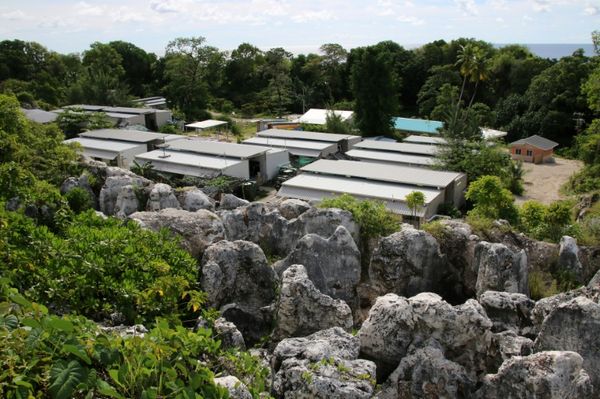
Sports gambling is now legal in more than 30 states, Washington D.C., and Puerto Rico, but it's still prohibited in two of the biggest states in the country, California and Texas. FanDuel’s Chief Commercial Officer, Mike Raffensperger, sat down with TheStreet to discuss why he thinks it's a "when, not if" situation when it comes to legalizing sports betting throughout the country.
Full Video Transcript Below:
J.D. DURKIN: Texas, California, some of the biggest, most populated states in this country, they say this is not a world that we want to touch. They've had different initiatives to put it in front of the hands of voters. How laser focused are you to try and still encourage the pathways to open up states like that? Or is the focus to say, hey, look at all the states that do allow it, let's double down and make sure our core competency and products of those states is offered to the people who can get the product.
MIKE RAFFENSPERGER: Well, the answer is both. Like I said, big company, over 3,000 full-time employees growing all the time. So we're laser focused on maximizing opportunity in the States that are legal and laser focused on our government affairs regulatory partnership groups that is opening up new markets all the time. And ultimately, we're really confident that, you know, it's not necessarily can predict exactly what month or what year exactly when those states will open, but places like Texas, California, many other states around the United States, it's more a matter of when as opposed to if.
And we're very actively involved in lawmaking efforts, lobbying efforts around the country, whether that's through a legislative process or bringing it directly to voters through ballot initiatives, were intimately involved, along with many of others in the industry, alongside DraftKings and others. And, you know, opening this up where you have common sense legislation, things that constituents want, a black market that's currently being run underground to the tune of billions of dollars that isn't protecting underage gambling, isn't protecting integrity concerns, isn't protecting responsible gaming initiatives like we do. And on top of that, it's a great source of tax revenues for municipalities and states all over the country. We think it's common sense legislation. Obviously, I'm a little biased, but we're very actively involved in that process around the country.
J.D. DURKIN: Is there one particular state that's a bit of a white whale?
MIKE RAFFENSPERGER: Yeah look, there's nothing quite like California. It's the largest state economy. It'll be a huge marketplace for us. We're in active conversations with lawmakers, with tribal interests, with others where we understand there's a constituency, I think, of partnership it'll take to bring that state online. But confident that over the time horizon, that'll happen.







